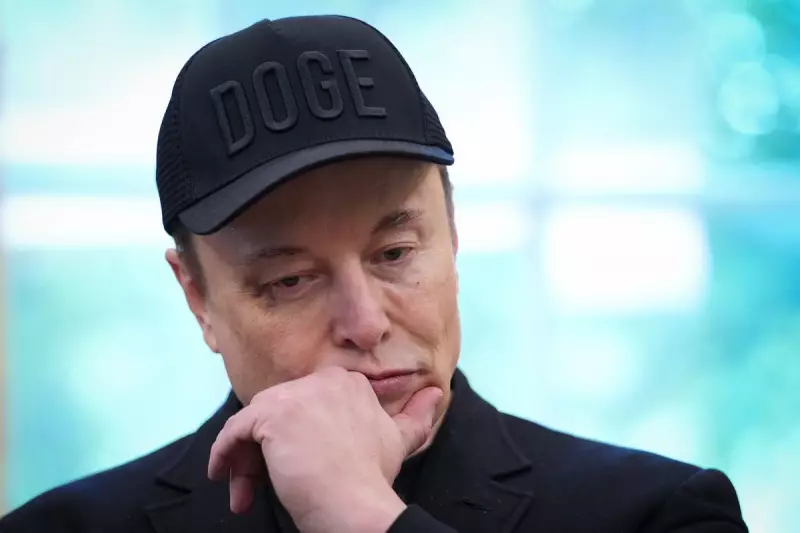
A federal judge in California has delivered a significant legal blow to billionaire Elon Musk, allowing a major lawsuit against him to proceed. The case centres on allegations that Musk's Twitter, now rebranded as X, systematically refused to pay severance to thousands of employees he dismissed following his monumental $44 billion acquisition of the social media platform.
The lawsuit, representing a proposed class of nearly 6,000 former staff, claims they are owed at least $500 million in promised benefits. US District Judge Trina Thompson in San Francisco rejected Musk's request to dismiss the case, finding the plaintiffs' claims that Twitter violated the Employee Retirement Income Security Act (ERISA) to be credible.
The Core of the Legal Dispute
Former employees argue that under Musk's leadership, Twitter adopted a "uniform practice" of denying them the severance pay outlined in their pre-acquisition employee benefit plans. These plans allegedly promised terminated employees two months of their salary plus bonus, along with continued vesting of stock awards and cash for accrued vacation time.
Instead, the suit claims the company offered a mere one month's salary in exchange for a waiver of all legal claims against the company—a deal far less generous than what was originally promised.
Musk's Defence and the Court's Response
Lawyers for Musk and X had argued that the severance plans were not covered by ERISA, a federal law governing employee benefits. They contended the plans were merely "payroll practices" offered to all employees, not formalised benefit plans.
Judge Thompson firmly disagreed with this characterisation. In her ruling, she stated the former employees had sufficiently alleged that the pre-Musk severance plan was indeed an "employee benefit plan" under ERISA, and that the company's failure to pay constituted a clear breach of its fiduciary duties.
What Happens Next?
This ruling is just the first step in what promises to be a protracted legal battle. The case will now move forward into the discovery phase, where both sides will gather evidence. It joins a growing list of legal challenges Musk faces related to his mass layoffs at Twitter, which saw the company's workforce slashed by roughly 80%.
This decision signals that the courts are taking these employee claims seriously and sets the stage for a high-stakes courtroom confrontation over one of the largest mass termination events in recent tech history.




